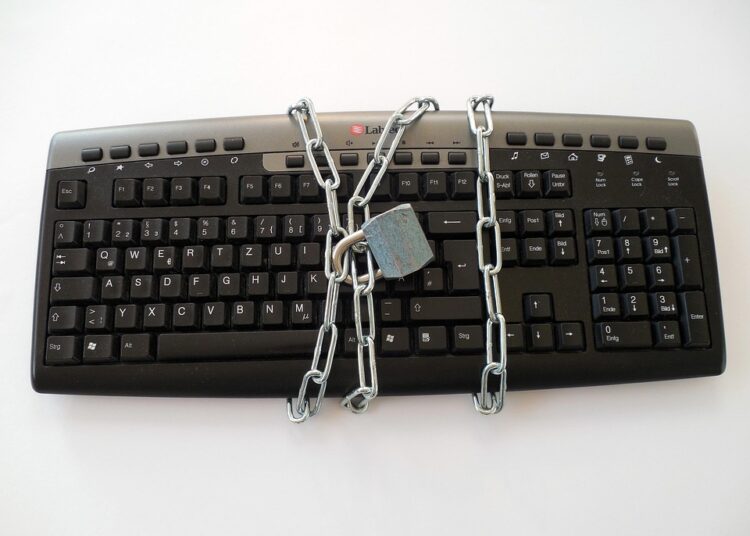Introduction
Hey there! 🎉 If you’re a recent university graduate, congratulations on snagging that first paycheck! But let’s be real: venturing into the world of finances can be overwhelming. You’re juggling student loans, budgeting, and maybe even thinking about investing. Among all this newfound independence, there’s a pressing issue you need to tackle—identity theft.
Unfortunately, many young adults overlook this important topic. Understanding how to protect yourself from identity theft is crucial, especially as you start making your financial mark. In this article, we’ll break down actionable steps you can take to secure your identity and keep that financial anxiety at bay.
Section 1: Understand Identity Theft
Before we dive into protection measures, let’s get on the same page about what identity theft really is. Simply put, it’s when someone illegally uses your personal information—like your name or social security number—to commit fraud. Think of it like someone wearing your favorite pair of shoes without your permission!
Key Facts:
- 1 in 15: This is the estimated number of people affected by identity theft each year in the U.S.
- Common Scenarios: Identity thieves can open accounts in your name, make unauthorized purchases, or even get a job using your identity.
Understanding the risks is the first step in knowing how to protect yourself from identity theft.
Section 2: Monitor Your Accounts Regularly
Staying proactive is vital! Regularly checking your bank and credit card statements is like giving your financial health a routine check-up. Here’s what you can do:
- Set Up Alerts: Most banks offer transaction alerts. Sign up to get notifications for any activity on your accounts.
- Check Statements Monthly: Make it a habit to review your statements for any unauthorized transactions.
- Use Credit Monitoring Services: Consider using free services like Credit Karma, which can alert you to changes in your credit report.
This will not only help you catch suspicious activity early but also contribute to your overall financial awareness.
Section 3: Strengthen Your Passwords
It may seem simple, but having strong, unique passwords is one of the most effective ways to guard against identity theft. Think of passwords as your financial front door—make sure it’s solidly locked!
Tips for Strong Passwords:
- Use Different Passwords: Avoid using the same password across multiple sites.
- Include Special Characters: Mix letters, numbers, and symbols. Instead of “password123”, try something like “P@55W0rD!123”.
- Consider a Password Manager: If remembering passwords is a challenge, tools like LastPass can help keep them secure and accessible.
Section 4: Protect Personal Information
Your personal information is like your most valuable possessions—guard it fiercely! Here are some practical steps:
- Shred Documents: Don’t just toss out bank statements or credit card offers. Invest in a shredder for added protection.
- Be Wary Online: Avoid sharing too much on social media. Think twice before posting about your job, location, or any personal info.
- Use Secure Websites: When shopping online, look for “https://” in the URL, and a padlock symbol. This indicates that the site is secure.
Keeping your info under wraps will reduce your vulnerability to identity theft.
Section 5: Know Your Rights and Resources
In the unfortunate event that your identity is stolen, knowing your rights can make all the difference. Familiarize yourself with:
- The Fair Credit Reporting Act (FCRA): This law helps you manage your credit report and provides options to dispute inaccuracies.
- Identity Theft Resource Center: This organization offers resources and assistance for victims of identity theft.
- Free Annual Credit Report: You’re entitled to one free report from each of the three major credit bureaus—Equifax, Experian, and TransUnion—every year. Use it!
Having this knowledge empowers you to take quick and effective action if necessary.
Conclusion & Call to Action
There you have it—the essentials on how to protect yourself from identity theft! Remember, staying informed and proactive is your best defense.
Key Takeaways:
- Understand what identity theft is and its risks.
- Monitor your financial accounts and set up alerts.
- Use strong, unique passwords and protect your information.
You’re starting on a great financial journey, and these steps will help you keep it secure. To take action right now, consider setting up transaction alerts on your banking app. You’ve got this! 💪












